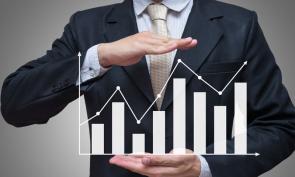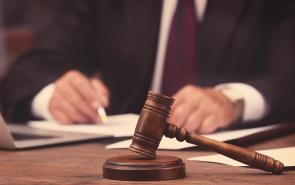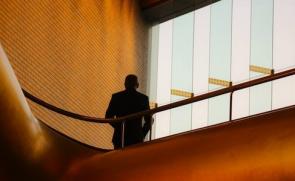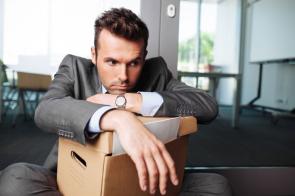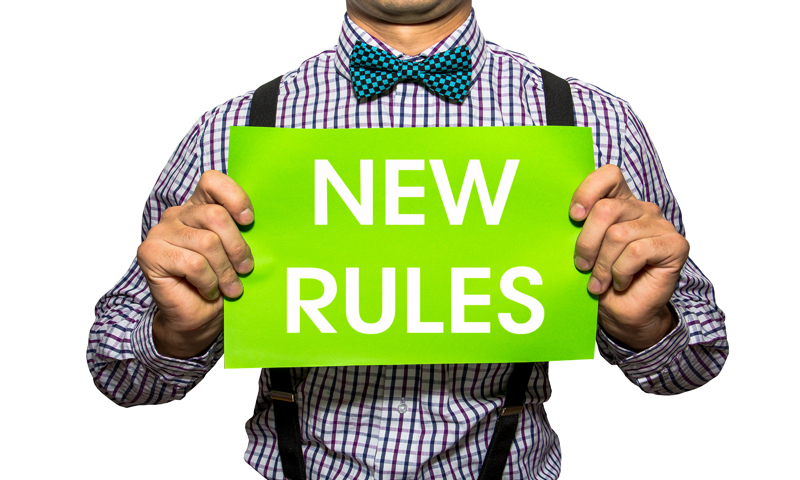
One significant case on the Court's calendar is the Association for Molecular Pathology v. Myriad Genetics, Inc. There is one main question at issue in this case - are human genes patentable? In other words, do human genes fall under one of the categories of patent-ineligible subject matter: (1) laws of nature, (2) natural phenomena, and (3) abstract ideas. The Court's decision will (hopefully) finally conclude the epic gene patent battle that has been agonizing patent attorneys practicing in the area of biotechnology for the last thirty years.
The issues of patent and copyright exhaustion will also be addressed by the Court in separate cases. Exhaustion is a long-standing doctrine that holds that the intellectual property rights in a thing terminate (are exhausted) at the time of the first legitimate sale of the thing. Thus, the legitimate purchaser is free (for the most part) to use or resell that thing without infringing. Bowman v. Monsanto, the patent exhaustion case, involves a much newer principle, which stems from a Federal Circuit case and is called the conditional sale doctrine. The conditional sale doctrine allows patent holders to place conditions on the future use or sale of the patented invention by essentially contracting out of patent exhaustion. For example, if a medical device is sold under the condition that it is for "one use only," the first purchaser or a downstream user that uses the device a second time may be liable for infringement or breach of contract.
The conditional sale doctrine is the bizarre exception to exhaustion (also called the first sale doctrine). As you can imagine, the conditional sale doctrine can be a very slippery slope. All sorts of conditions may be placed on the sale of a patented item, thereby retaining certain IP rights beyond a legitimate sale. The patented at issue in the Bowman case is directed to genetically modified seeds. Such seeds represent a special category of patented items - self-replicating technologies (plant seeds, grow plants, create second generation seeds). It is very possible that the Court may direct its inquiry with regard to the doctrines of exhaustion and conditional sale only to self-replicating technologies, thereby limiting the impact of its decision. If the Court instead addresses the doctrines generally, its decision will greatly affect many industries.
The Supreme Court heard oral arguments in Kirtsaeng v. John Wiley & Sons, Inc., the copyright exhaustion case, on October 29, 2012, but has not yet rendered its decision. Like patent law, legitimate purchasers of copyrighted works may resell those works, because the rights of the copyright owners were exhausted by the first sale. However, copyright law prohibits the importation into the U.S. for resale of foreign-made copies of copyrights works without the permission of the copyright holder, even if the foreign-made copies were legitimately purchased abroad. The underlying policy behind this section of the statute is that copyright owners will not be properly compensated for their copyrighted works in instances where the works are offered for sale at a lower price outside the U.S.
It would be too easy for a seller to acquire a copyrighted work at a reduced price abroad, and then sell it for a price less than its customarily value in the U.S. and still make a profit. In the case before the Court, Kirtsaeng purchased legitimate, international copies of Wiley's textbooks (which were slightly different than the U.S. version) and imported them into the United States for resale. If the Court decides that the relevant statute be strictly read, Kirtsaeng will be liable for copyright infringement. To keep in line with the underlying policy, the statute should be strictly read. Yet, doing so could excessively restrict and become burdensome on legitimate purchases not out to turn a profit, such as museums and collectors.
This article only touches on a couple of the intellectual property issues that will be addressed by the Supreme Court this year. It is expected that 2013 will bring significant developments in the field of IP, both with the Court's decisions and the America Invents Act. The Court's decisions can blow open or slam shut patent procurement in entire industries, and will have an enormous effect on the way IP attorneys counsel their clients. If there is one thing that circuit splits and Supreme Court decision have taught IP attorneys over the past few decades, it is that they need to adapt to their surroundings. If they cannot be flexible, creative, and intuitive, they will get left behind both technology and the law.
